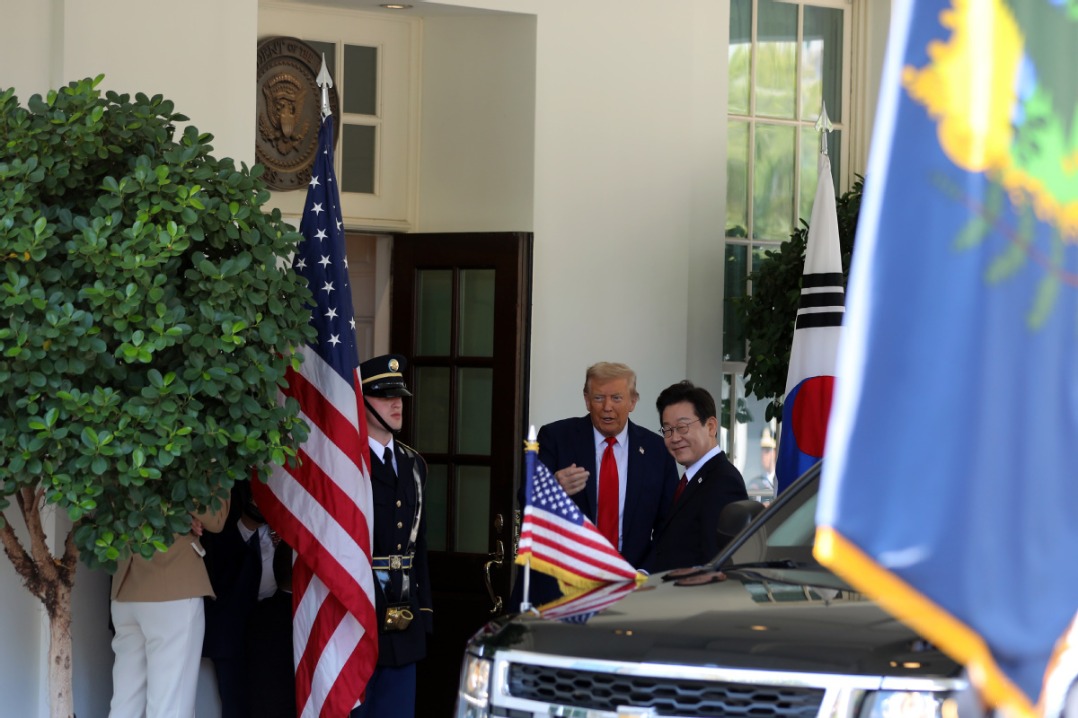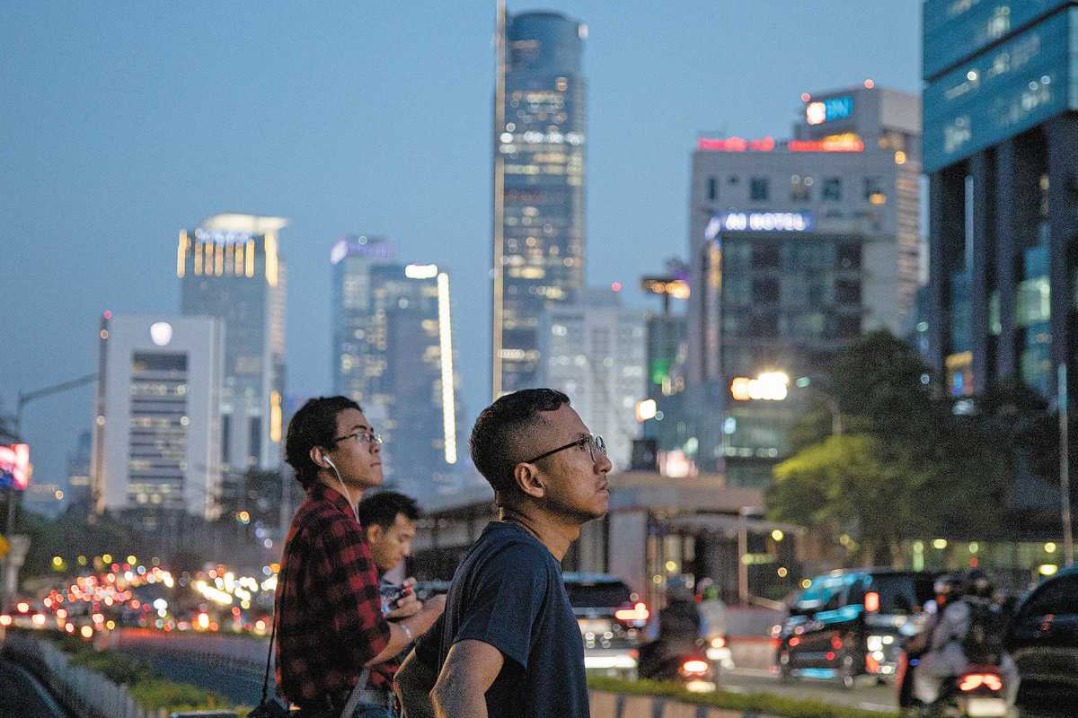US debates COVID-19 vaccine mandate in workplace

While COVID-19 vaccines are being distributed across the US in the country's largest vaccination campaign ever, the debate continues over a vaccine mandate in the workplace.

Experts insist that a return to normalcy in the US largely relies on a significant portion of Americans receiving a COVID-19 vaccine and an effort by employees to get vaccinated.
The Equal Employment Opportunity Commission has weighed in with updated guidance on COVID-19 vaccines. The agency allows employers to mandate vaccinations, but exceptions must be made for employees who can't be vaccinated because of disabilities or due to sincerely held religious beliefs.
Some business leaders support requiring their employees take COVID-19 vaccines. Seventy-two percent of current and recent CEOs of major companies signaled an openness to vaccine mandates, according to CNN, citing a recent poll at a virtual summit by the Yale Chief Executive Leadership Institute.
But employers may face a dilemma as to whether to make the vaccine mandatory, said employment lawyers who recommend employers encourage rather than mandate vaccines.
"Certain employees may choose to no longer work for an employer, depending on whether or not a vaccination policy" is adopted, Alissa Kranz, a Florida-based lawyer told the Society for Human Resource Management. "This can result in business slowdowns and negative publicity," she said.
But if a mandatory vaccination policy is not imposed, employees may allege that the employer has failed to provide a safe work environment, which is required by the Occupational Safety and Health Act, said Kranz.
More than 60 percent of 100 human resources leaders surveyed by business consulting company Gartner last month said they would encourage employees to get vaccinated rather than require it. Thirty-one percent said they believed it to be ethical to mandate a COVID-19 vaccine, and only 3 percent said they would require employees to show proof of vaccination to return to the workplace.
Americans are widely divided in views about a vaccine, with 60 percent willing to receive the vaccine, according to a new national survey conducted by Pew Research Center in November among over 12,000 American adults.
The survey found 40 percent of the respondents were either reluctant or opposed to vaccination and 21 percent are "pretty certain" more information will not change their mind.
An online Gallup Panel survey, also conducted in November on COVID-19 vaccines, shares similar findings. It says people's unwillingness to get vaccinated is due to their less concern of getting a case of COVID-19, distrust in the vaccine or personal practices when it comes to other vaccines.
Both surveys noted the role of political partisanship in many of these beliefs and practices. Democrats' willingness to be vaccinated has risen to 75 percent, while the percentage of Republicans saying they would get the vaccine remains steady at 50 percent, according to the Gallup survey.
"It may take Republican governors advocating vocally for the vaccine when it is ready, in order to sway their base," said the Gallup survey.
The country has been fighting for years against public misinformation about vaccines. The anti-vaccine movement started in Southern California and got amplified in Texas with a steep increase in parents who were choosing not to have their children vaccinated, Peter Hotez, a professor of pediatrics and molecular virology at Baylor College of Medicine, told The New Yorker magazine in a recent interview. And the anti-vaccine groups started getting money from organizations that traditionally would support the Tea Party and other far-right-wing causes, he said.
At least one state has introduced legislation to support an employer vaccination mandate with certain conditions. The bill introduced in the New York state Assembly last month would require all residents to receive a COVID-19 vaccine. The mandate would be triggered if too few residents are voluntarily vaccinated to achieve herd immunity.
In California, state law expressly grants healthcare employers the power to mandate certain vaccinations.
Healthcare, travel, retail or other businesses whose employees are at risk or who present a risk to others will have more business reasons to be "pro-vaccine", Jon Zimring, an employment attorney in Chicago, told the Society for Human Resource Management.
Office-based businesses or businesses that can rely on remote workers may find it easier to take a "personal-choice" stance, he added.

































